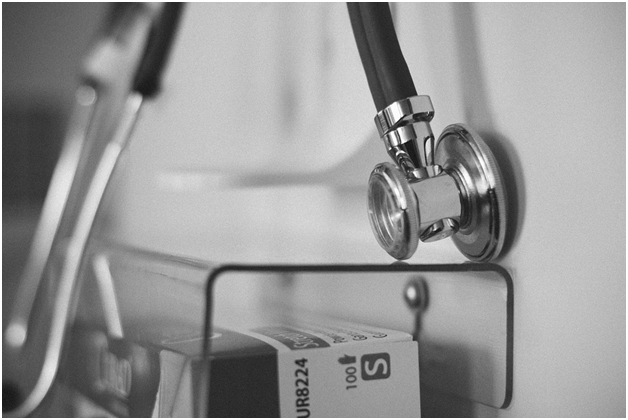Why (and How) to Be Honest With Your Doctor About Uncomfortable Topics
Let’s face it: our bodies are complex machines that sometimes do strange things. They can give us unexpected problems or pains that we don’t understand. Or, sometimes, we abuse them with unhealthy food, drink, and lifestyle choices. As we age, though, it’s critical that we not only visit with our family doctors but that we give them honest and thorough information. This can be understandably uncomfortable or awkward as it relates to things like intestinal issues, sexual dysfunction, or concerns about addiction. Here are a few key reasons why it’s important to be open and upfront with your physician, and some ways to approach it.
Remember That They Can’t Read Your Mind
A doctor doesn’t carry a magic scanner in their pockets to diagnose you like they do in Star Trek. Physicians are very smart people, but they’re not robotic AIs with built-in MLOps! The only way that a doctor can render an accurate diagnosis is with a combination of what they observe and the answers to the questions they ask you. Be as detailed, thorough, and accurate as possible.
Understand Their Training
If a symptom, condition, or lifestyle choice is embarrassing to discuss, think about this: Most (if not all) people who become medical professionals do so because they want to help people. They are genuinely empathetic and curious and enjoy the challenge of problem-solving. They are also highly trained and skilled.
Part of a physician’s training is to divorce themselves about any personal feelings about a patient’s personality, life choices, or condition. They are there to diagnose the disorder and to find a solution. Yes, doctors are human beings with the same instinct for opinions and prejudices that we all unfortunately share. That said, their extensive training and schooling has taught them not only how to separate that from their work, but how to have a “bedside manner” that should put patients at ease.
Realize That They’ve Probably Heard and Seen Worse
Professionals in high-stress, high-stakes environments like doctors, nurses, frontline emergency workers, law enforcement, firefighters and members of the armed services all receive intense training. They must be prepared for the worst-case scenarios, and their instructors often use those scenarios (either real or hypothetical) as teachable moments.
Furthermore, many physicians, regardless of their specialty, spend considerable time in residency in emergency rooms or trauma centers. In that context, realize that a doctor who has treated a severe burn victim or someone going through shock is not going to be grossed out by details of a bowel movement or discharge. They want to identify your condition, diagnose, and treat it. That is their job and their calling.
You Don’t Want Them to Miss Something
You don’t want to omit crucial details of your symptoms, either consciously or inadvertently. A certain piece of information may unlock the key to an accurate diagnosis. Your being uncomfortable talking about bleeding coming from a sensitive area will get in the way of receiving proper treatment! Some people, understandably, get “white coat” syndrome and get nervous with elevated blood pressure at doctor’s offices. This is where a smartphone or a good old-fashioned notepad can come in very handy. Write down your symptoms and questions before you leave home. Also, make a list of all current medications and doses, both prescription and over-the-counter, so your doctor knows to avoid any interactions.
How to Approach Uncomfortable Topics
Now that you have more perspective on a trained physician’s outlook, the best thing you can do is try to speak like a doctor when you are presenting your symptoms and concerns. Be honest and objective, describe in detail, and answer questions truthfully. It may seem awkward at first, but your doctor will take the reins once they know what they’re dealing with.
Conclusion
If you can’t be honest with your doctor, you’re risking your health and happiness. If you have symptoms or concerns, telling them to a physician in confidence is the best first step to treating them!



































